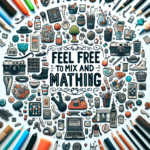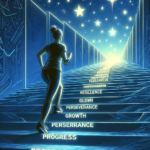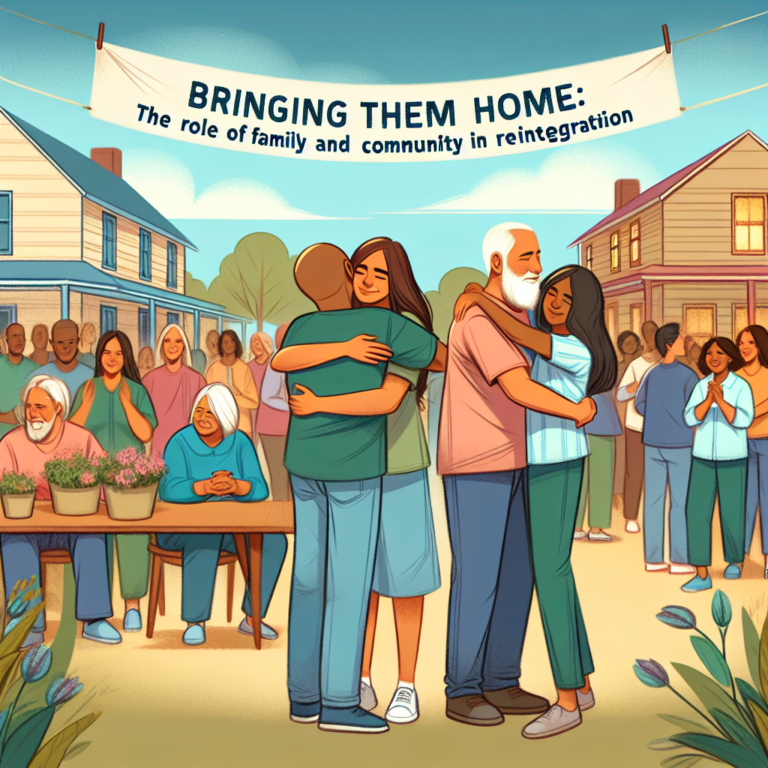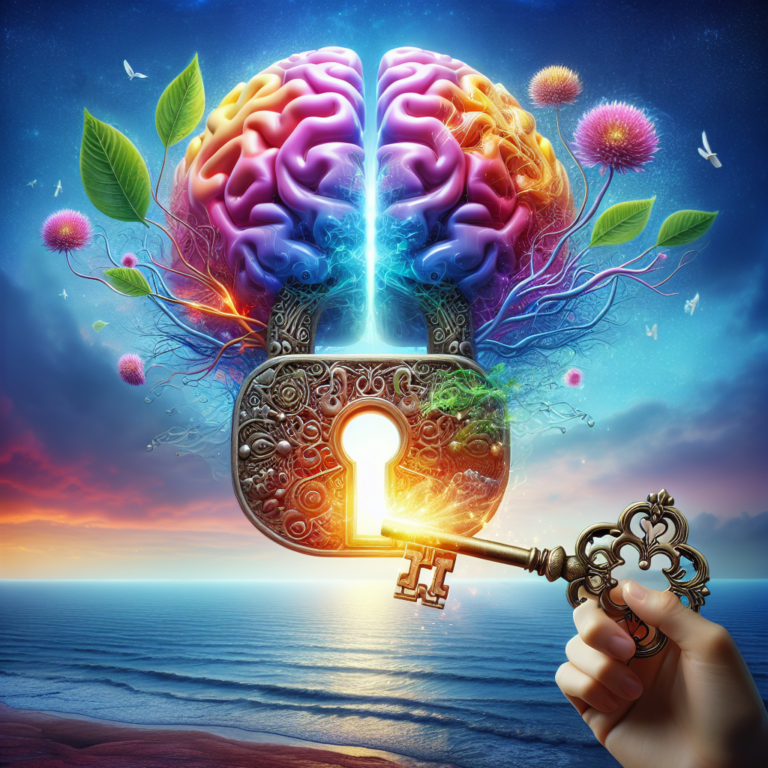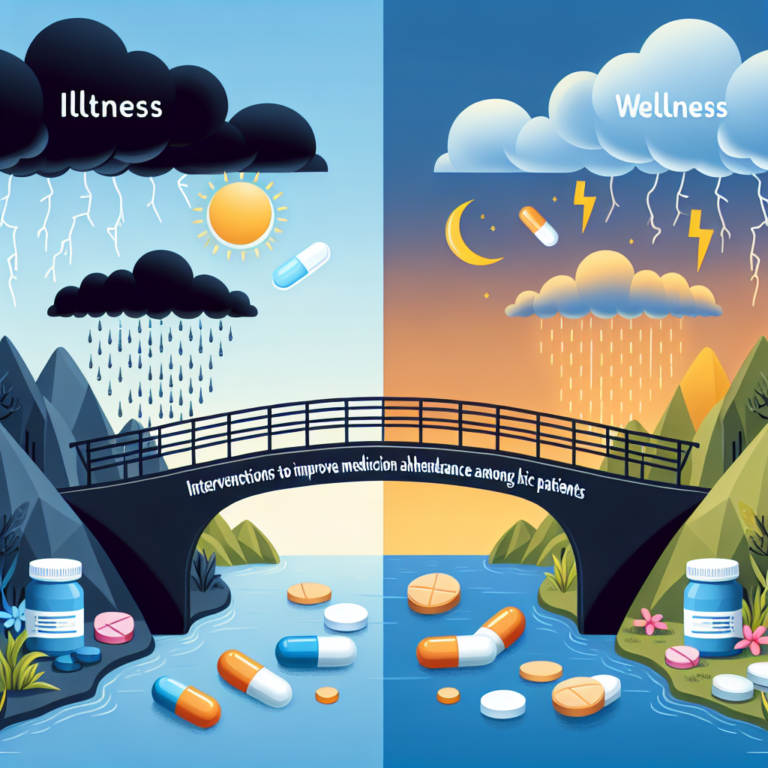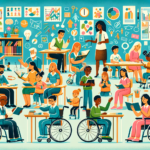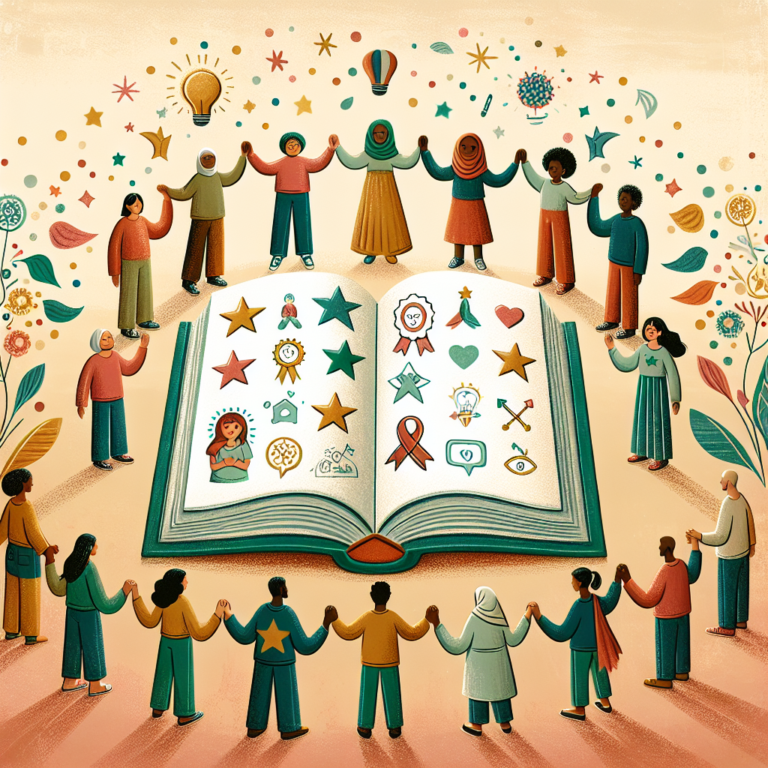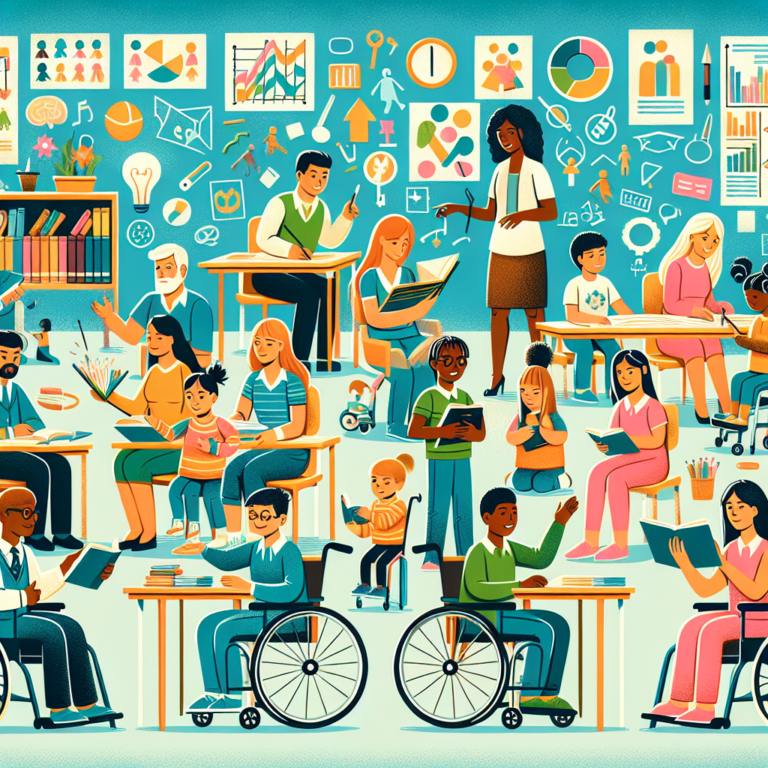
Introduction
In our fast-paced, often tumultuous world, the importance of emotional resilience cannot be overlooked. Emotional resilience is not just a buzzword; it’s a crucial skill that allows us to navigate life’s challenges while maintaining mental well-being. But what if I told you that one of the keys to enhancing this resilience lies in the strength of our relationships? In this article, we will explore The Connection Between Emotional Resilience and Positive Relationships, revealing how cultivating strong, supportive connections can not only fortify our emotional health but also empower us to bounce back from adversity.
Understanding Emotional Resilience
What Is Emotional Resilience?
Emotional resilience is the ability to adapt to stress, adversity, trauma, or tragedy. It involves being able to withstand difficult situations without succumbing to despair. This adaptability allows individuals to maintain their mental health even in challenging environments. But how do we build and enhance this resilience?
The Components of Emotional Resilience
- Self-awareness: Understanding one’s emotions is the first step toward resilience.
- Adaptive coping strategies: Developing healthy ways to deal with stress.
- Optimism: Maintaining a positive outlook enhances resilience.
- Social support: Relationships provide a safety net during tough times.
The Importance of Positive Relationships
Defining Positive Relationships
Positive relationships are characterized by mutual respect, trust, and kindness. These connections can be with friends, family, or colleagues. They nurture emotional well-being and enrich our lives.
Why Relationships Matter
- Social Support: Positive relationships provide emotional and tangible support during tough times.
- Stress Buffering: Supportive friends and family can help reduce stress levels.
- Life Satisfaction: Quality relationships contribute to an enriched life experience.
The Synergy: The Connection Between Emotional Resilience and Positive Relationships
How Relationships Influence Emotional Resilience
The Connection Between Emotional Resilience and Positive Relationships is not merely theoretical—it’s backed by research. Studies show that strong social connections can dramatically improve resilience. When we face challenges, a supportive network can help us reframe our experiences and foster a sense of belonging.
Case Study: The Harvard Study of Adult Development
One of the longest-running studies on adult development reveals that close relationships are the key to a happy life. Participants who had strong social ties reported better mental health and higher resilience than those who were isolated.
Analysis: This case study illustrates that emotional resilience is significantly bolstered by positive relationships, confirming that loneliness can decrease resilience.
Emotional Resilience as a Catalyst for Positive Relationships
Conversely, being emotionally resilient can enhance our ability to form and maintain positive relationships. Resilient individuals are typically better communicators, more empathetic, and open to conflict resolution—all vital components of healthy relationships.
Case Study: The Impact of Resilience Training in Schools
Schools that implement resilience training for students note improved peer relationships. When students learn emotional regulation and stress management, they often become more supportive peers, enhancing the overall school climate.
Analysis: This example underscores the reciprocal nature of The Connection Between Emotional Resilience and Positive Relationships.
Practical Strategies to Foster Emotional Resilience and Build Positive Relationships
Building Emotional Resilience
- Practice mindfulness: Techniques such as meditation can sharpen self-awareness.
- Reframe negative thoughts: Challenge pessimistic thoughts and replace them with constructive alternatives.
- Cultivate gratitude: Regularly acknowledging what you are thankful for can enhance your emotional outlook.
Nurturing Positive Relationships
- Communicate openly: Sharing thoughts and feelings fosters intimacy.
- Invest time: Make an effort to connect with others consistently.
- Practice empathy: Understanding others’ perspectives strengthens bonds.
Key Takeaways from Research
| Key Statistic | Insight |
|---|---|
| 50% of resilience can be attributed to social support | Indicates the significant role positive relationships play in resilience. |
| Individuals with fewer social connections are 2-3 times more likely to experience depression | Highlights the mental health implications of isolation. |
Conclusion
The insights shared above pave the way for a deeper understanding of The Connection Between Emotional Resilience and Positive Relationships. By actively cultivating emotional resilience and nurturing positive relationships, we enhance not only our mental well-being but also the richness of our interactions. As you embark on this journey, remember: every effort you make in fostering relationships and enhancing your emotional resilience is an investment in your own well-being.
FAQs
1. What is emotional resilience?
Emotional resilience is the ability to adapt to stress and bounce back from adversity. It involves personal strategies that help you cope with life’s challenges.
2. How can I build emotional resilience?
You can build emotional resilience by practicing mindfulness, reframing negative thoughts, and cultivating gratitude. Additionally, seeking social support can play a crucial role.
3. What are the signs of positive relationships?
Positive relationships are characterized by mutual respect, open communication, trust, and support. You should feel valued and understood in these connections.
4. Can positive relationships improve mental health?
Yes, positive relationships can significantly enhance mental health, acting as a buffer against stress and contributing to overall life satisfaction.
5. How do I foster positive relationships?
Fostering positive relationships involves open communication, empathy, investing time, and actively engaging with others in meaningful ways.
In summary, understanding The Connection Between Emotional Resilience and Positive Relationships can lead to greater emotional health and deeper, more rewarding connections. By taking actionable steps toward resilience and nurturing relationships, we can all lead healthier, happier lives.
